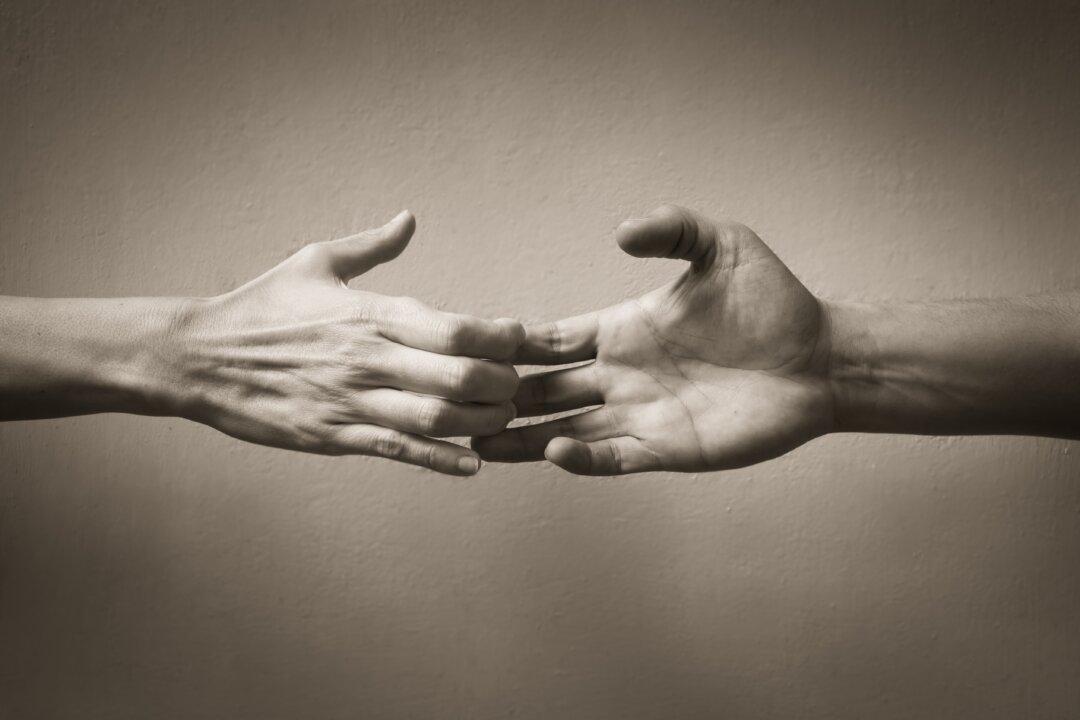Codependency was a popular topic of discussion not so many years ago, and although out of the spotlight today, it hasn’t gone anywhere.
Codependency refers to an excessive emotional or psychological reliance on a partner. And while spoken of infrequently today, it’s still here. It’s a sneaky and deceptive quirk that can affect marriages and any relationships in which we humans find ourselves.






